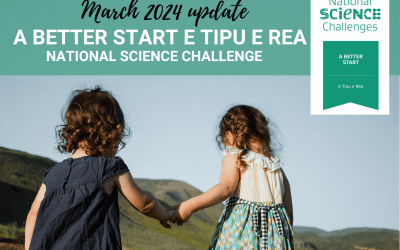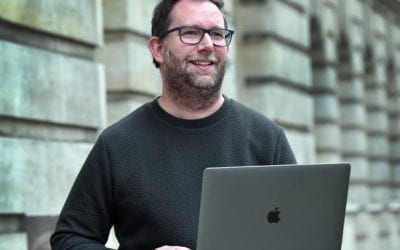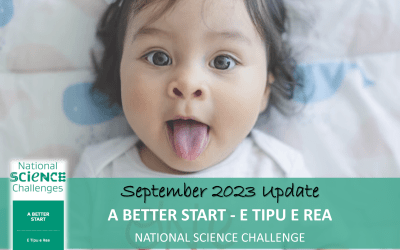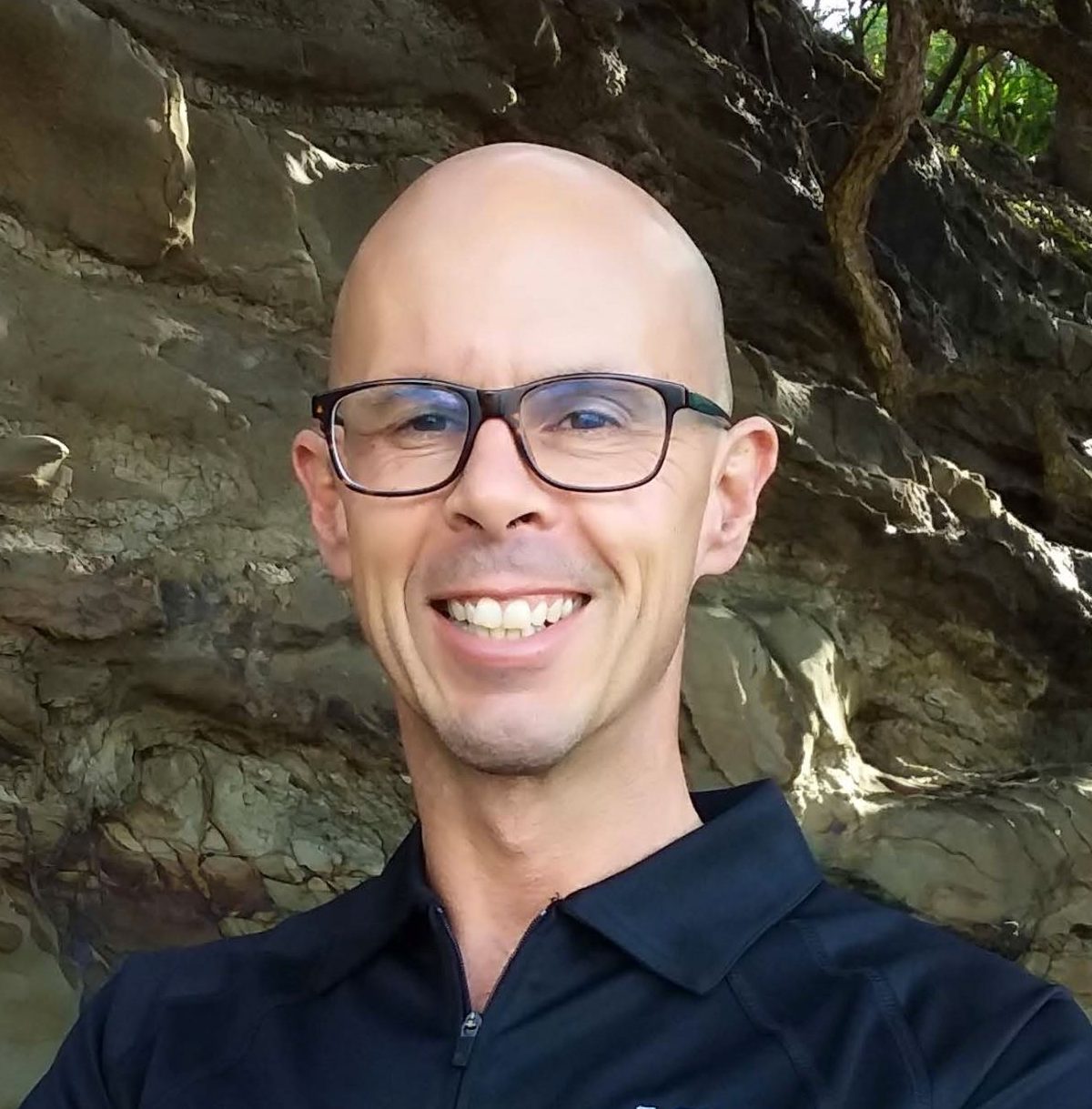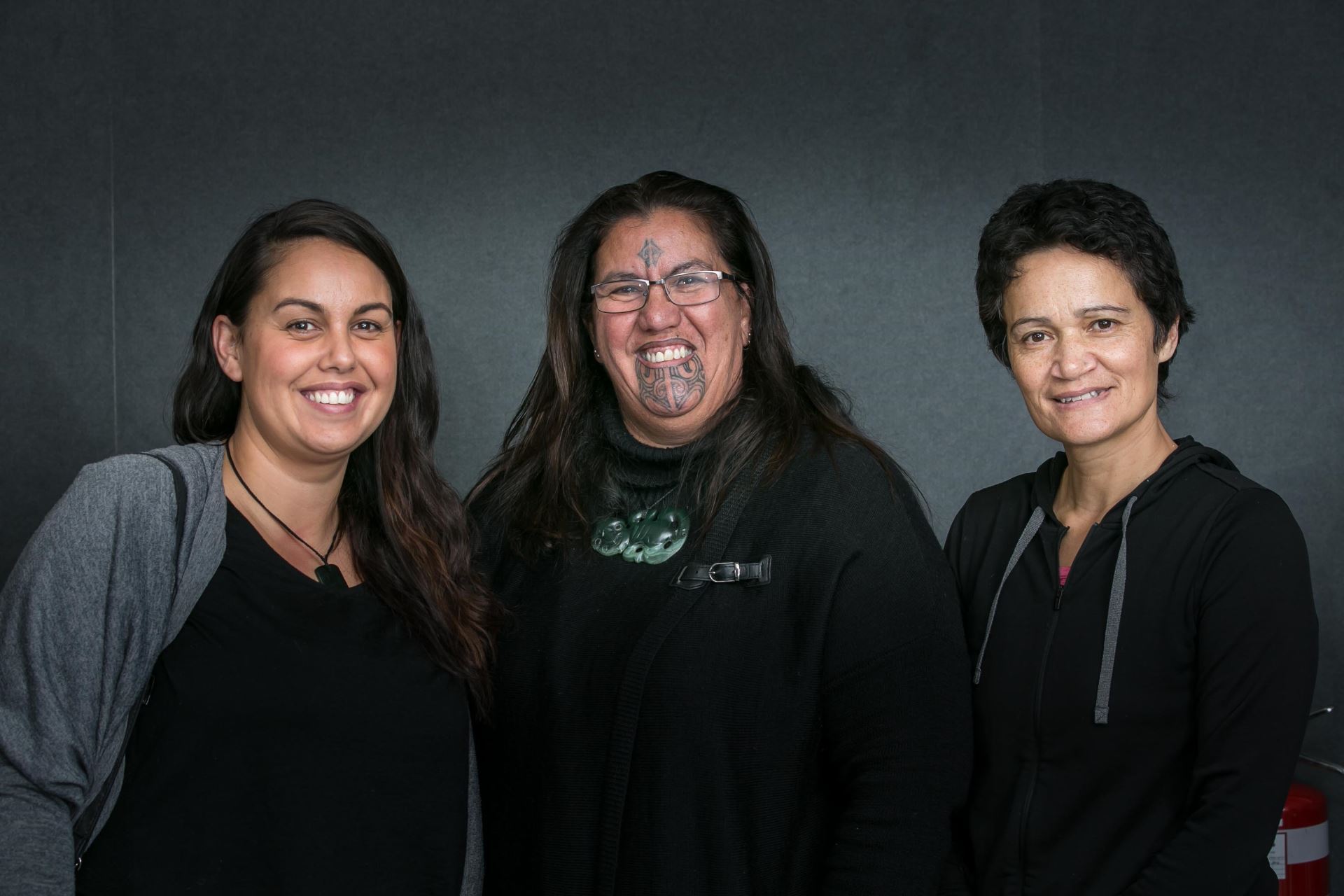Resilient Teens
More than half of young people never access professional help for mental health issues.
The Resilient Teens team are working with Māori and Pacific students, schools and communities to co-design and test a digital platform to offer young people and their families easier access to evidence-based help and advice to maintain good mental health.
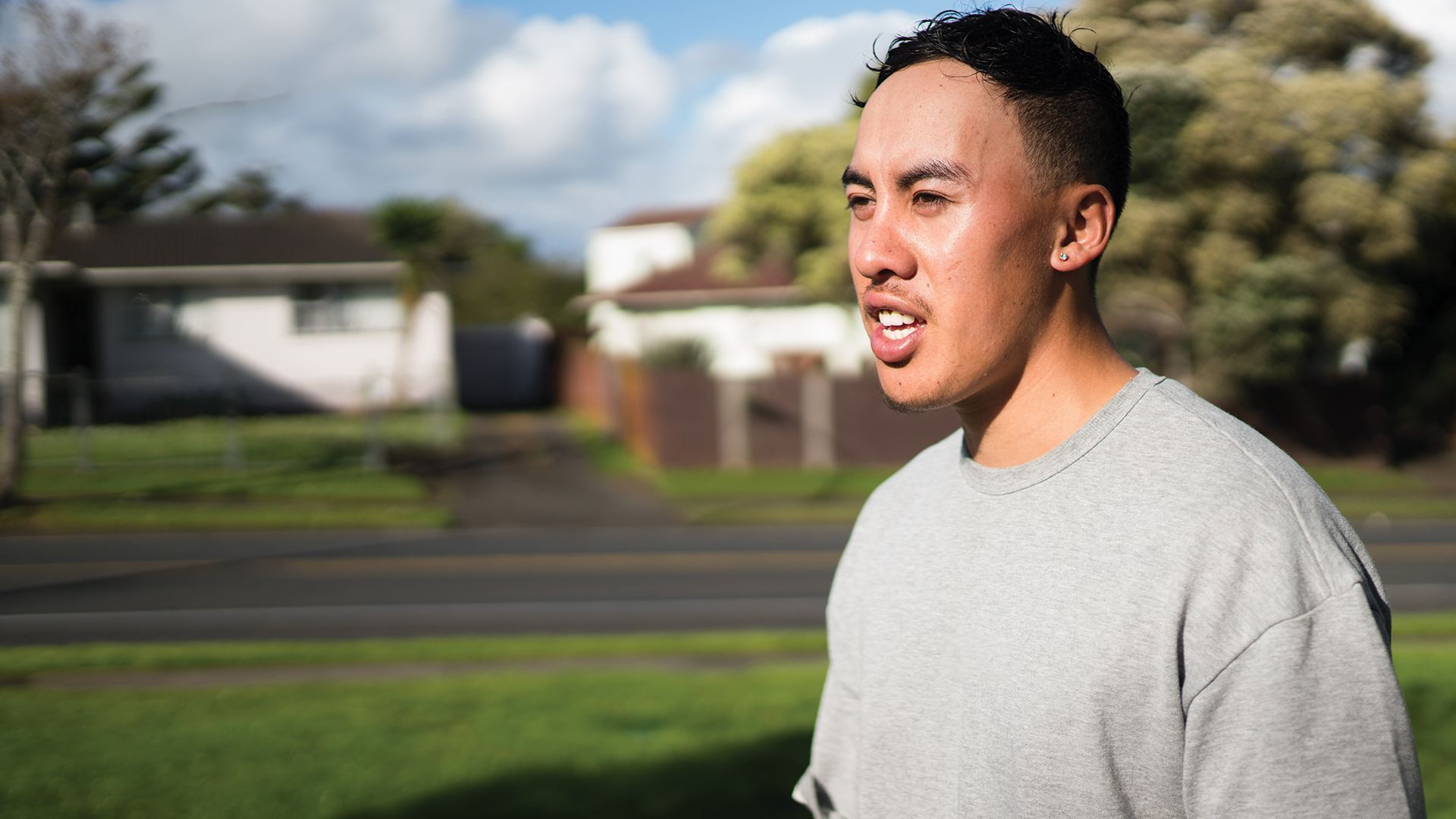
What we are doing
- The team has held more than 30 consultations with groups and individuals to ensure co-design and community consultation are at the core of the research theme.
- The platform team have developed the first proof of concept prototype of the Healthy Advances through Behavioural Interventions (HABITs) IT platform.
- An e-screening tool (YouthCHAT) is being evaluated with Māori and Pasifika school students as a potential alternative or complement to the traditional face-to-face screening (HEEADSSS) in low-decile schools.
- Prototypes of an emotional health Behavioural Intervention Therapy as an Android app is being refined and tested.
How the HABITs platform helps teens stay mentally and emotionally well
Team Snapshot
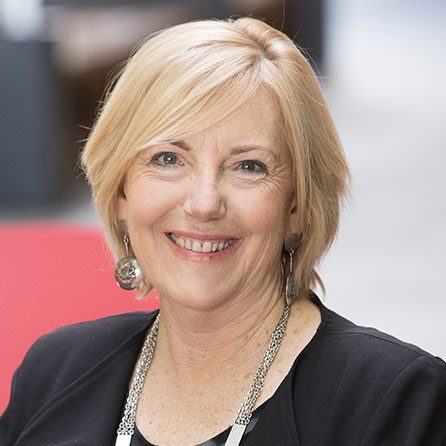
Professor Sally Merry
Department Head, Psychological Medicine, Faculty of Medical and Health Science, University of Auckland
Professor Merry is a child and adolescent psychiatrist, the Cure Kids Duke Family Chair in Child and Adolescent Mental Health and the Head of the Department of Psychological Medicine, University of Auckland.
Professor Merry is keen to see access to practical effective help for all young people with mental health problems in New Zealand, and is particularly interested in how to prevent problems or to provide help earlier. She led a team that developed a computerised therapy called SPARX. Following rigorous clinical trials, it is now available as a national e-therapy service and as an app. She leads development of digital therapies for young people for A Better Start.

Associate Professor Sarah Hetrick
Dr Sarah Hetrick is a clinical psychologist, Associate Professor of Youth Mental Health and Cure Kids Research Fellow in the Department of Psychological Medicine, University of Auckland. She has a strong background in evidence synthesis, including as the joint Coordinating Editor of the Cochrane Common Mental Disorders Group. Much of the focus of her work is on youth depression and suicide prevention, and it underpins international Clinical Practice guidelines. She has had a key role in a large number of clinical trials and now leads work on digital interventions to assist young people to manage intense emotions, including suicidal ideation and to prevent self-harm.
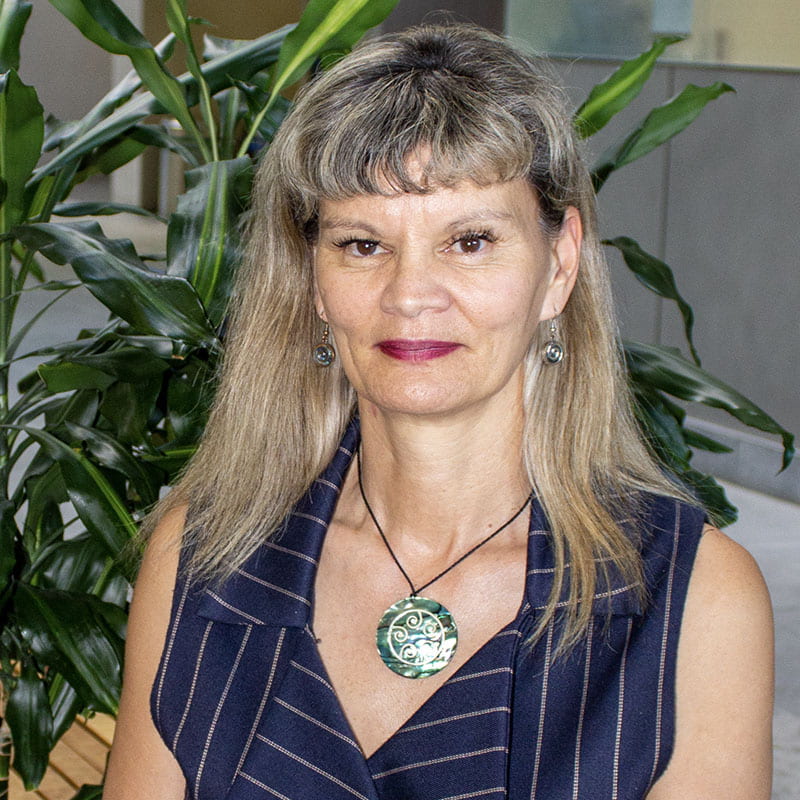
Tania Cargo
Clinical Psychologist
Tania Cargo (Ngāti Maru, Ngāti Manu, Ngāpuhi) is a clinical psychologist and Senior Lecturer of Child and Adolescent Mental Health in the Department of Psychological Medicine, University of Auckland. She is well known in the Māori child and adolescent mental health setting and has a strong commitment to kaupapa Māori processes.
Tania’s key research interests are in the area of infant, child and adolescent mental health, focusing on culturally applicable evidence-based treatments. More recently her research interest includes kaupapa Māori and bicultural innovation in digital resources for youth well-being. As part of E Tipu E Rea, she has advocated for kaupapa Māori alongside bicultural Healthy Approaches to Behavioural Intervention Technology Systems (HABITs).
News
Latest Newsletter Out Now!
Latest info about child health & wellbeing from A Better Start Click here to read the: March 2024 issue of A Better Start National Science Challenge e-newsletter. In this issue to you can read all about: The New Book That Celebrates Indigenous and Western...
Free Webinar: Spotlight on Autism Research
Thursday 2 November 7.30pm | Spotlight on Autism Research: Long-term benefits for young Autistic people who receive funding support in health and education. Cutting-edge research: gut microbiome transfers to relieve gut issues for Autistic people, a world first here...
September 2023 Newsletter Out Now!
Latest info about child health & wellbeing from A Better Start Click here to read the: September 2023 issue of A Better Start National Science Challenge e-newsletter. In this issue to you can read all about: – Aims to help those with Autism and Gut Troubles –...
Cure Kids Joint Contestable Funding
- Cure Kids partnered with A Better Start National Science Challenge in 2017 to co-fund a joint contestable funding round.
- 10 projects were funded, from a total funding pool of $2.8M.
- The Resilient Teens Contestable Funding Projects are profiled below.
Contestable Project: MyTeen - Increasing competence and mental health literacy: A mobile-based intervention to support parents of teenages
Dr Joanna Ting Wai Chu has developed an SMS-based mobile intervention aimed at promoting confidence and mental health literacy for parents of adolescents. User testing revealed that fathers share similar parenting concerns as mothers, but are less likely to access support or feel supported. Testing also confirmed that a significant proportion (17%) of parents have teenagers who have experienced mental health issues in the past year, but very few have sought professional services. This study addressed the need to provide parents with the tools and knowledge to be able to respond with competence and confidence, and to promote positive well-being in their children. Participants who received the text message programme reported feeling more competent as parents, less stressed, and having better communication with their adolescent. This boost held at the three-month mark, two months after they’d received their last text message.
Principal investigator: Dr Joanna Ting Wai Chu, University of Auckland
Contestable Project: High intensity interval training and mental health in adolescents
Dr Nigel Harris is leading a programme that will assess the effectiveness of High-Intensity Interval Training (HIIT) to improve mental health in schools, compared with their existing Physical Education (PE) programmes. The HIIT programme has produced significant improvements in fitness outcomes, such as greater strength, greater self-perceived fitness, and greater movement competency than normal PE lessons. However, in terms of the surveys used to determine mental health, there was no effect. This is supported by the fact that many of the schools voluntarily chose to maintain the implementation of the HIIT programme, which will continue to be monitored by the team for ongoing research and development.
Principal investigator: Dr Nigel Harris, AUT University
Contestable Project: Te Taonga o Taku Ngākau: Ancestral Knowledge as a Framework for Wellbeing for Tamariki Māori
Traditional Māori approaches of child-rearing hinge on collective responsibility, rather than individual endeavour. However, isolation caused by urbanisation over the past few decades has led to a collapse of the collective approach. Dr Leonie Pihama and her team focused on the development of evidence-based, cultural interventions to improve the mental health and wellbeing of young Māori. Results show that Kaupapa Māori approaches and practices provide whānau, hapu and iwi with clearly defined tikanga, reo and matauranga Māori to inform the wellbeing and connectedness of tamariki and mokopuna within their cultural genealogical framework. Dr Pihama’s research shows that to improve outcomes for tamariki Māori, it is critical to incorporate traditional approaches to Māori health.
Principal investigator: Dr Leonie Pihama, University of Waikato
